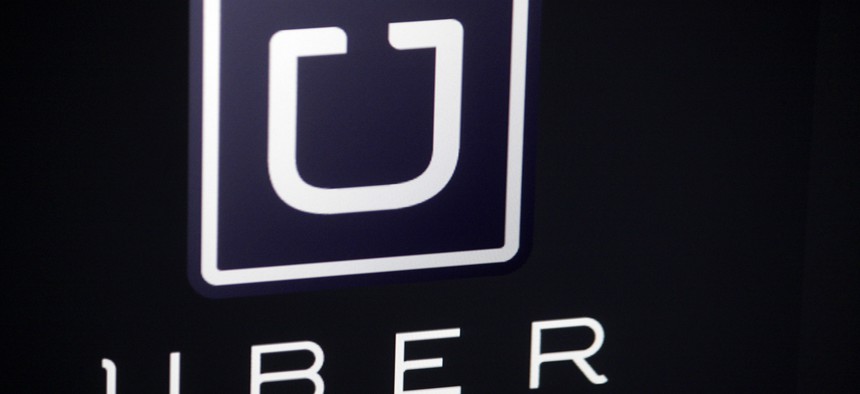A Coverage Dispute Between Uber, Lyft and Insurers Leaves Drivers Exposed

360b / Shutterstock.com
Left unaddressed, insurance problems could still pose a problem for the car-service firms.
If a US driver gets in an accident while a friend is in the car, the driver’s insurance will usually cover the costs. But if the driver gets in an accident while shuttling a passenger paying for the ride through a car-service app such as Uber or Lyft, things get significantly more complicated.
This issue first gained attention in late 2013, when an Uber driver hit and killed a pedestrian in San Francisco. The driver was not carrying a passenger, but he did have the app turned on to accept electronic hails. At the time, Uber provided commercial insurance to its drivers while they were carrying passengers, but not when the app was turned on and awaiting passengers. Insurers and critics of the car-service companies argued that this created a gap in insurance coverage—a personal policy wouldn’t apply if the app was on, since the driver is engaged in commercial activity, and neither would Uber’s policy, since the driver isn’t carrying passengers.
After the incident, Uber extended its coverage into the gap—though not as generously as its in-ride coverage—and Lyft announced plans to develop a similar insurance solution.
But insurers are taking a dim view of this accommodation, designed essentially to allow drivers with personal insurance policies to use their cars for ride-sharing services. Some say they will cancel drivers’ personal insurance policies if they find out they are driving passengers for hire.
Still, in December 2014 Buzzfeed reporters found that Uber was telling drivers that “most” personal insurance policies would cover their driving between trips without a passenger, and that they need not purchase commercial policies. Uber argues that many jobs where workers use their own cars, like a pizza delivery driver or a realtor, utilize both personal and commercial insurances.
“[Drivers] know that personal auto policies may not apply, it’s up to them to be able to read their own personal insurance policy to see if it works,” an Uber spokesperson, who asked not to be identified by name due to the the company’s secretive public relations policies, told Quartz. “We don’t see an issue because, when they are on the platform, they are covered by our commercial insurance policy.”
But left unaddressed, insurance could still pose a problem for car-service firms. Commercial auto insurance policies are significantly more expensive than personal ones. If they become necessary for drivers, the added cost could lead to further pressure on the companies to increase driver wages at the expense of their own margins. It could also hurt their ability to skirt local car service regulations by claiming their drivers aren’t professionals and are simply peers “sharing” rides. While this has always been largely false, a de facto requirement for additional insurance coverage would end the ambiguity.
Neither Uber nor Lyft releases numbers on what percentage of drivers hold personal and commercial insurance. Some jurisdictions, including New York state, require all “ride-share” drivers to hold commercial insurance.
As with employment classification, regulators, drivers and companies are entering new grey areas and coming up with new solutions. In January, Uber announced a partnership with Metromile to sell a personal insurance policy in California, Colorado, and Washington that provides extra coverage during the gap period by using an in-car sensor to monitor driving. The company says that drivers will save money because they pay a higher rate only during the gap time, which, combined with Uber’s commercial insurance coverage while driving, will lower the overall bill. The same month, Lyft announced that Metlifewould provide full ride-sharing coverage to its Colorado drivers.
And insurers are offering their own policies to solve this problem in several other states. In January, Farmers’ Insurance and USAAannounced that they would offer ride-sharing insurance in Colorado. More recently, Geico has come up with special ride-sharing policies it sells in Virginia and Maryland. The policies are expected to be more expensive than personal auto insurance—25% more for the Farmer’s plan—but less costly than a full commercial policy. They are still only available in a small share of the areas where these companies operate.
Of course, traditional cab drivers are fuming: First, these companies elided the costs of complying with local regulations with their platform business model, and now their drivers could dodge the expense of commercial insurance for the same reason.
NEXT STORY: Who Owns Your License Plate?






